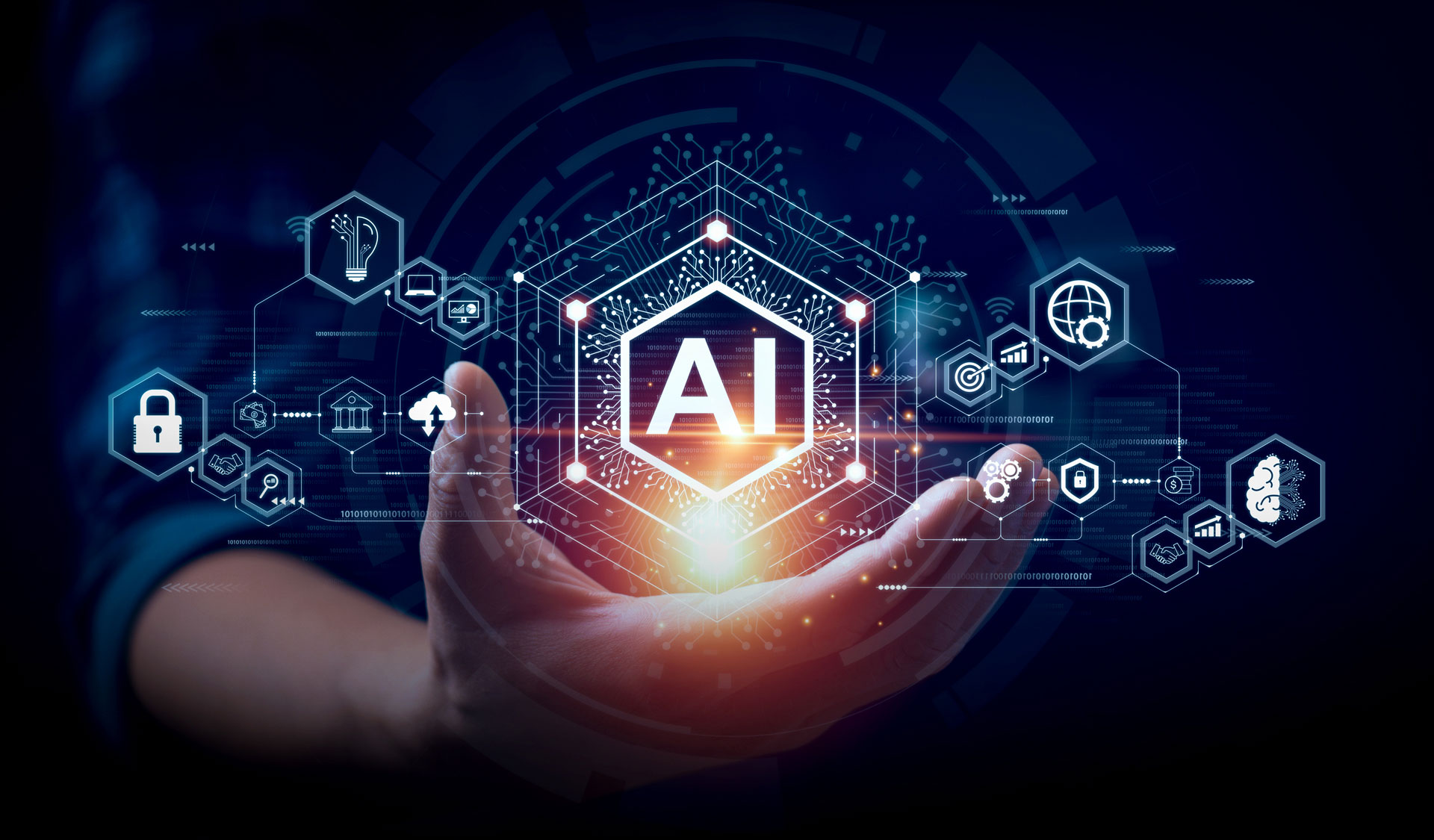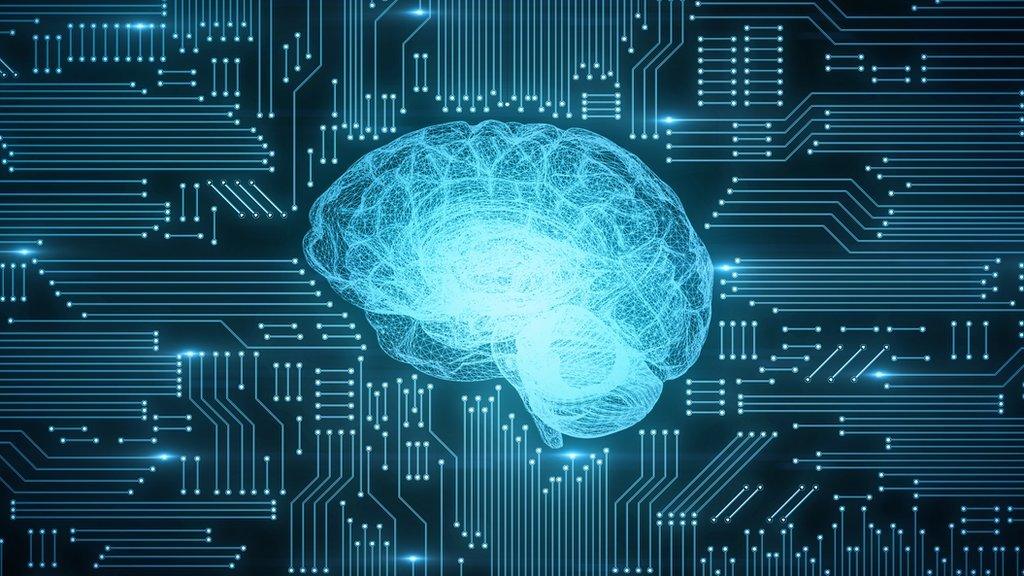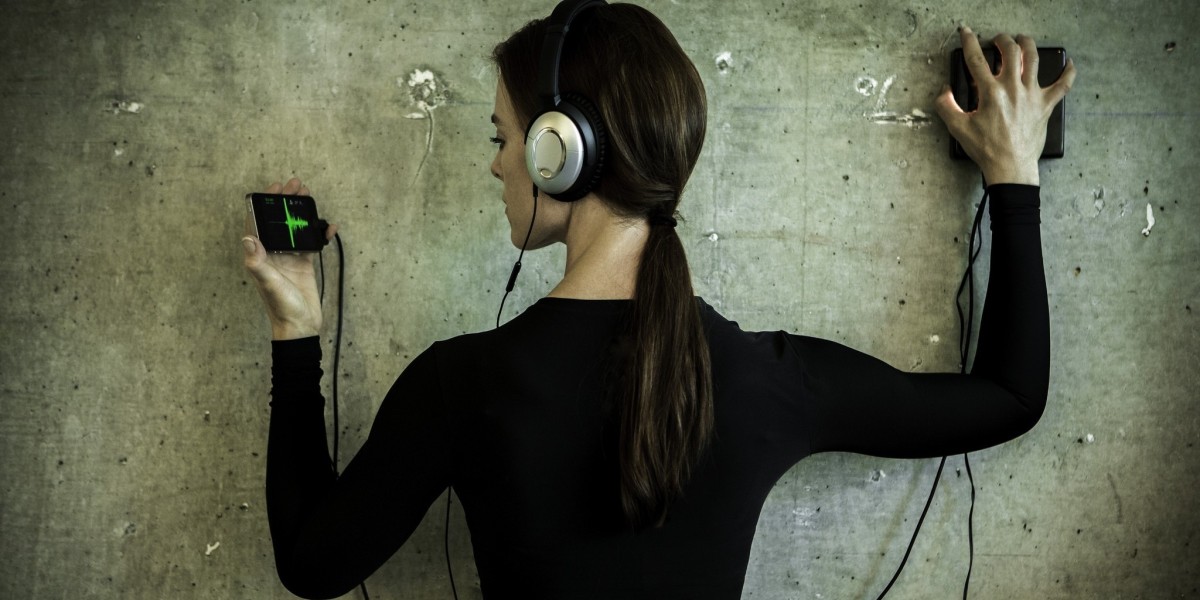Technology is altering our world at an astonishing speed! Its sweeping changes can be discovered all over and they can be described as both thrilling, and at the same time terrifying. Although people in lots of parts of the world are still trying to come to terms with earlier technological revolutions together with their sweeping social and educational implications - which are still unfolding, they have been awoken to the truth of yet another digital transformation - the AI transformation.
Expert System (AI) innovation describes the capability of a digital computer system or computer-controlled robotic to carry out tasks that would otherwise have been performed by people. AI systems are created to have the intellectual processes that characterize human beings, such as the ability to factor, discover significance, generalize or gain from previous experience. With AI innovation, large quantities of details and text can be processed far beyond any human capability. AI can also be used to produce a vast variety of brand-new material.
In the field of Education, AI technology features the potential to make it possible for new kinds of teaching, discovering and academic management. It can likewise improve learning experiences and support teacher tasks. However, regardless of its favorable potential, AI also positions substantial threats to students, the mentor community, education systems and disgaeawiki.info society at large.
What are some of these dangers? AI can reduce mentor and discovering procedures to estimations and automated tasks in manner ins which cheapen the function and influence of instructors and weaken their relationships with learners. It can narrow education to just that which AI can process, model and deliver. AI can likewise worsen the around the world scarcity of certified teachers through disproportionate costs on innovation at the expenditure of financial investment in human capability advancement.
The usage of AI in education also produces some essential questions about the capacity of teachers to act purposefully and constructively in determining how and when to make cautious usage of this innovation in an effort to direct their professional development, discover services to difficulties they deal with and enhance their practice. Such fundamental concerns include:
· What will be the role of teachers if AI technology become commonly implemented in the field of education?

· What will assessments look like?

· In a world where generative AI systems appear to be developing new abilities by the month, what abilities, outlooks and proficiencies should our education system cultivate?
· What modifications will be required in schools and beyond to assist trainees strategy and direct their future in a world where human intelligence and machine intelligence would appear to have ended up being ever more closely connected - one supporting the other and vice versa?
· What then would be the function or function of education in a world controlled by Artificial Intelligence technology where human beings will not necessarily be the ones opening new frontiers of understanding and knowledge?

All these and more are daunting questions. They require us to seriously consider the concerns that arise concerning the execution of AI innovation in the field of education. We can no longer just ask: 'How do we prepare for an AI world?' We must go deeper: 'What should a world with AI appear like?' 'What roles should this powerful technology play?' 'On whose terms?' 'Who decides?'
Teachers are the primary users of AI in education, and they are expected to be the designers and facilitators of trainees' knowing with AI, the guardians of safe and ethical practice across AI-rich instructional environments, and to serve as good example for long-lasting finding out about AI. To presume these duties, instructors need to be supported to establish their abilities to leverage the prospective benefits of AI while alleviating its risks in education settings and broader society.
AI tools need to never ever be created to change the genuine responsibility of instructors in education. Teachers must remain liable for pedagogical decisions in the use of AI in teaching and in facilitating its usages by students. For teachers to be accountable at the useful level, a pre-condition is that policymakers, genbecle.com instructor education organizations and schools presume obligation for preparing and supporting teachers in the proper usage of AI. When introducing AI in education, legal protections need to likewise be developed to protect instructors' rights, and long-lasting financial dedications require to be made to ensure inclusive access by teachers to technological environments and basic AI tools as vital resources for adapting to the AI era.
A human-centered method to AI in education is vital - a technique that promotes key ethical and
practical concepts to help manage and assist practices of all stakeholders throughout the whole life cycle of AI systems. Education, given its function to secure in addition to assist in advancement and learning, has an unique commitment to be totally knowledgeable about and responsive to the dangers of AI - both the known threats and those only simply coming into view. But frequently the threats are neglected. Using AI in education for that reason needs cautious consideration, including an examination of the evolving functions teachers require to play and the proficiencies needed of instructors to make ethical and reliable usage of Artificial Intelligence (AI) Technology.
While AI uses opportunities to support instructors in both mentor along with in the management of discovering processes, meaningful interactions between instructors and students and human flourishing must stay at the center of the educational experience. Teachers need to not and can not be changed by technology - it is vital to secure teachers' rights and grandtribunal.org ensure adequate working conditions for them in the context of the growing usage of AI in the education system, in the office and in society at large.









